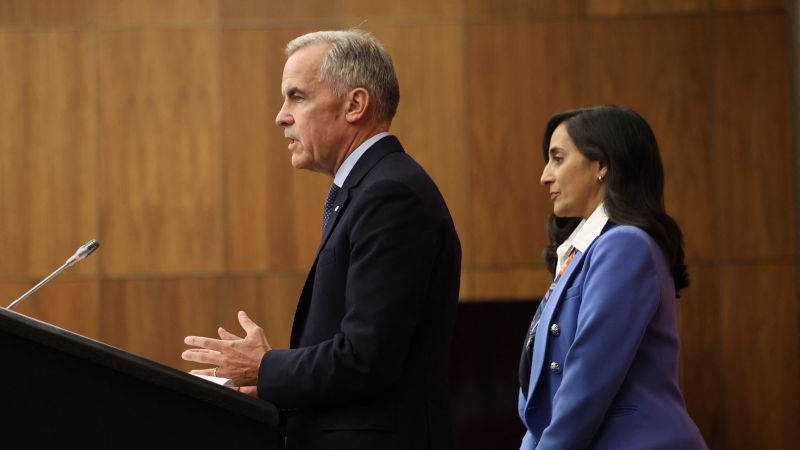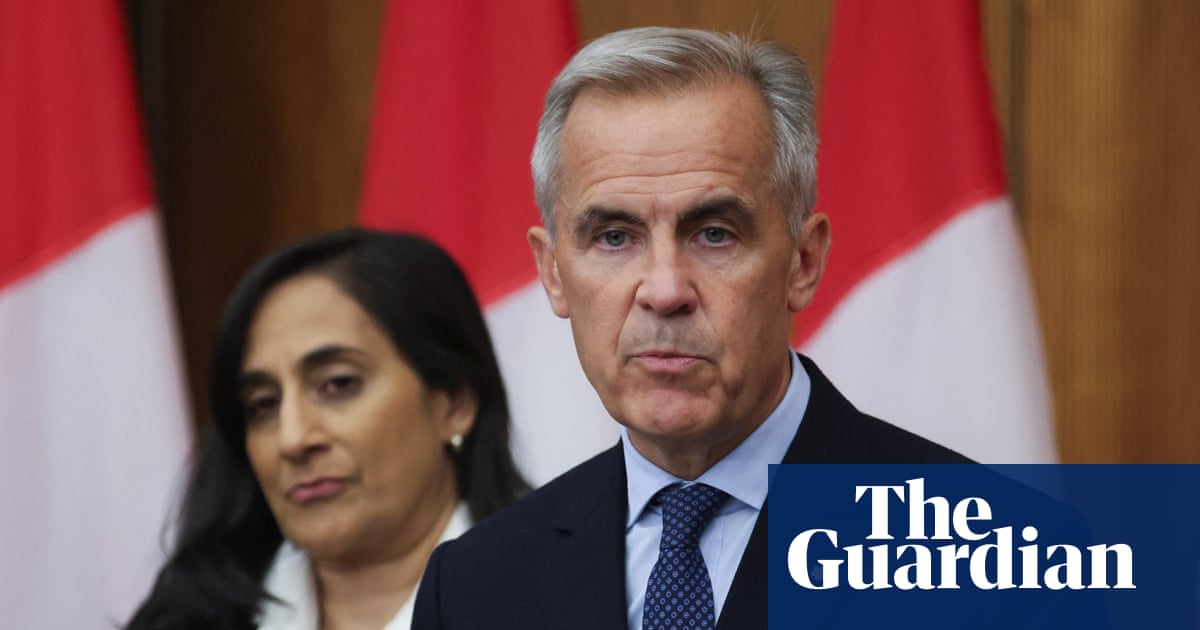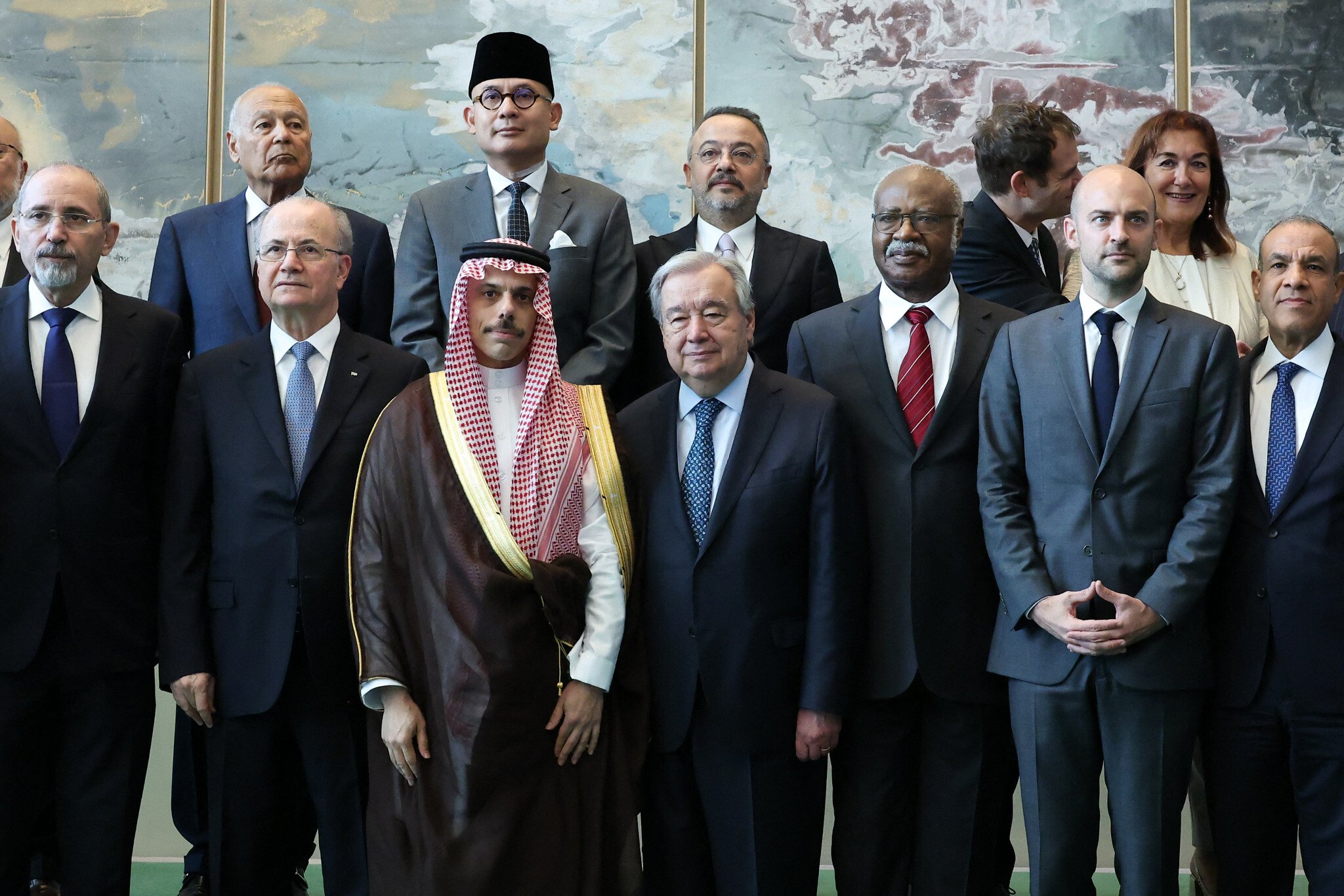T4K3.news
France to recognize Palestinian state in September
President Macron's announcement comes amid tensions with Israel and the U.S.

France's recognition of Palestine marks a significant moment in global diplomacy.
France officially recognizes Palestine amid international tensions
President Emmanuel Macron announced that France plans to officially recognize Palestine as a state in September. This decision has stirred anger in both Israel and the United States, highlighting ongoing tensions in international relations. Currently, out of the 193 UN member states, 147 recognize Palestine, with historical support from over 80 countries since 1988. France's acknowledgment is particularly noteworthy as it is the first among major industrialized G7 nations. Other nations, like Germany, the UK, and Canada, have shown willingness to recognize Palestine but only within the framework of a negotiated two-state solution.
Key Takeaways
"France is the first G7 country to officially recognize Palestine."
This statement highlights France's historic decision amid international tensions.
"Other G7 nations are considering recognition but stress the need for a negotiated solution."
This reflects the cautious approach taken by powerful nations toward recognizing Palestine.
"Recognition is a geopolitical statement shaped by history and ongoing conflict."
This quote emphasizes the complexities surrounding international recognition of Palestine.
"The decision to recognize Palestine signals a shift in diplomatic relations."
This statement suggests the potential for broader implications in international diplomacy.
France's decision to recognize Palestine comes at a time when many nations are reconsidering their foreign policies regarding the Israeli-Palestinian conflict. The anger from Israel and the U.S. underscores the complex dynamics at play, where recognition is seen as a geopolitical statement rather than merely a diplomatic gesture. This shift may prompt other nations to reevaluate their positions, potentially leading to a ripple effect throughout Europe and beyond. As nations react, the implications for future peace discussions remain uncertain, especially given the historical context of longstanding hostilities and the stubborn quest for a lasting solution.
Highlights
- France breaks rank as a G7 nation, recognizing Palestine.
- A significant shift in global diplomacy is underway.
- Recognition of Palestine by France may lead to broader changes.
- Tensions rise as France's move angers Israel and the U.S.
Potential diplomatic backlash from Israel and the U.S.
France's recognition of Palestine could lead to increased tensions with Israel and the United States, both of whom oppose unilateral recognition of Palestine. This diplomatic move may provoke criticisms and actions that could affect international relations in the region.
The recognition marks a pivotal moment that could influence diplomatic relations worldwide.
Enjoyed this? Let your friends know!
Related News

Canada plans to recognize Palestinian state in September

France to formally recognize Palestinian state
Canada to officially recognize Palestinian state in September

France and U.K. to recognize Palestinian state

Canada to recognize Palestine at UN

UK moves towards recognizing Palestinian state by September

Hamas claims violence revived Palestinian statehood discussions
